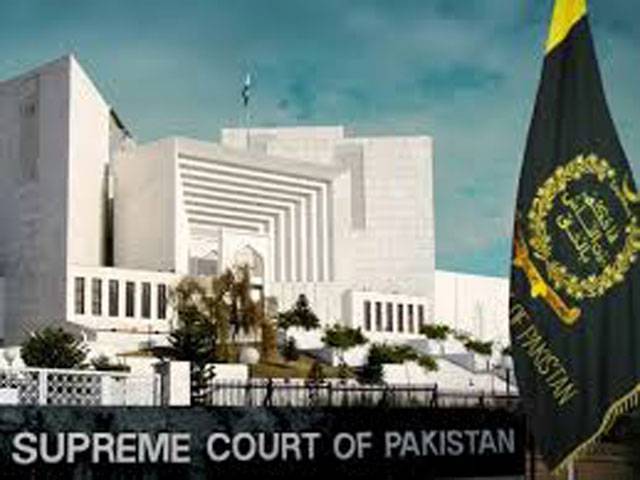ISLAMABAD - The Supreme Court on Wednesday said the purpose of taking notice of contempt of court is not to punish the contemnor but to make him respect the court.
A three-judge bench headed by Justice Asif Saeed Khan Khosa was hearing a contempt notice against the editor-in-chief, printer and publisher and reporter Ahmed Noorani of an English newspaper. The bench also heard a contempt notice against PML-N Senator Nehal Hashmi.
Justice Khosa said that if people would not respect the court then problem would be created. Justice Dost Muhammad Khan said that in 1973 Constitution there are three organs of State, which should work within their limits. He said that people can criticise a judgment but it is not their right to scandalise the judges or the institution.
The court issued show cause notices to Noorani and others, while reserved judgment in the PML-N senator’s contempt matter after he tendered an unconditional apology.
Journalist Ahmed Noorani filed a reply to the contempt of court notice in which he expressed regret over the report, which he had published in July 2017 regarding the phone call to a judge of the Supreme Court [Justice Ejaz Afzal] for getting his comments about the court order directing the ISI to look after the administrative affairs of JIT at the Federal Judicial Academy.
Justice Khosa said that word apology is not in the reply and gave the reporter half an hour to consider this point and submit a written statement. After about 30 minutes when the bench reassembled, Ahmed Noorani appeared along with his lawyer, Editor-in-Chief Mir Shakeel-ur-Rehman and Printer and Publisher Javed-ur-Rehman in the court. He submitted a written statement wherein he expressed regret but did not use the words ‘unconditional apology’.
Noorani also informed the bench that intelligence officials had informed him the ISI was looking after the affairs of JIT as security of the Federal Judicial Academy was given to the Defence Ministry.
Justice Khosa said that word ‘apology’ is not in his statement, adding apology is used in the Contempt of Court Ordinance 2003 and unless that word is not included in the statement they could not consider it. He said the court wanted to finish the matter and “if you would not seek unconditional apology then we would proceed with the matter as serious allegations have been levelled against the august court. The court’s written order said that during the preliminary hearing Ahmed Noorani had expressed regret over some of the newspaper reports prepared and published by him.
When the court asked Noorani whether he would tender an unconditional apology under Section 5 of Contempt of Court Ordinance 2003 or not, he hesitated for a while and then clearly stated that he did not want to apologize as that would be acceptance on his part the mala fide contention.






